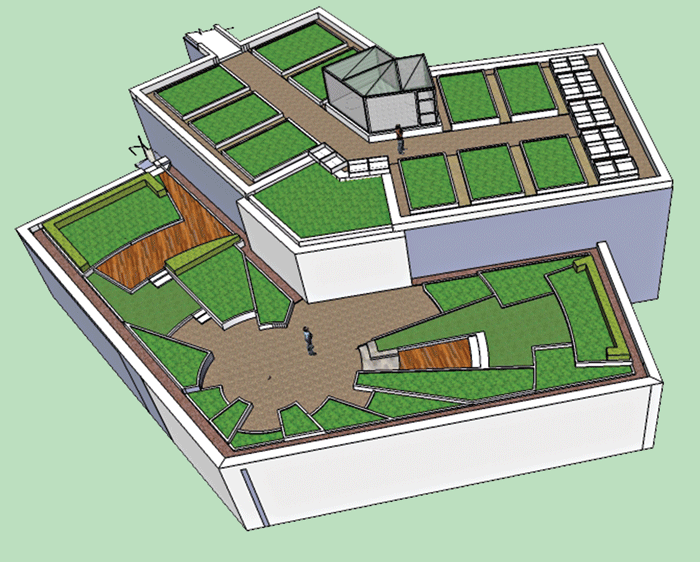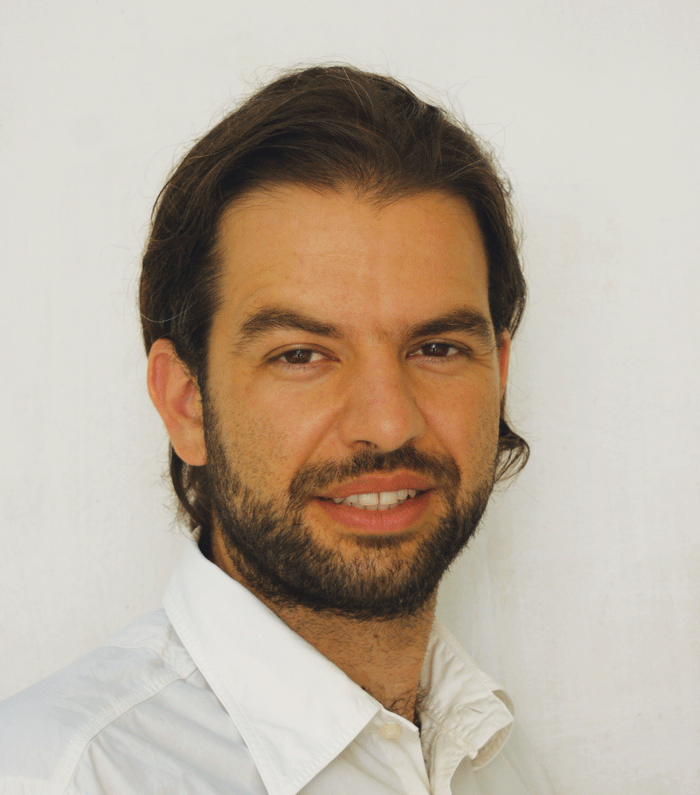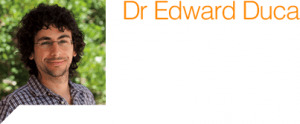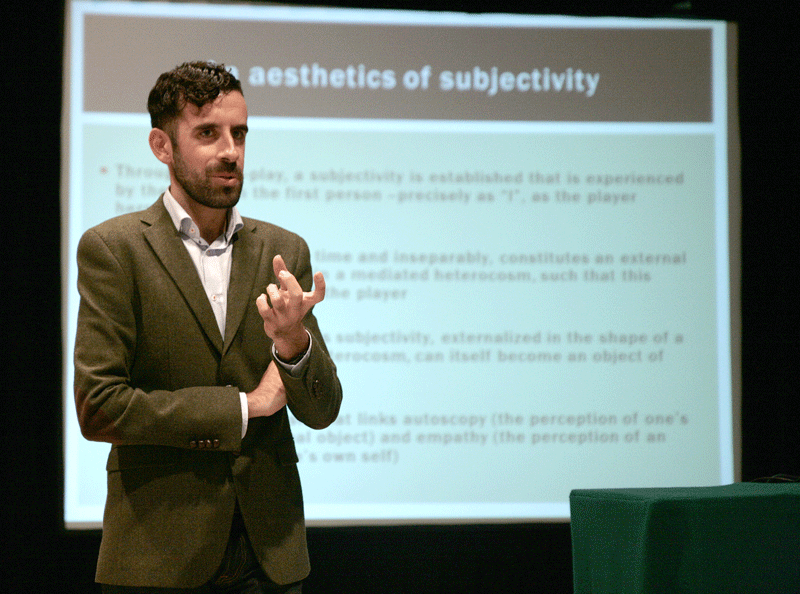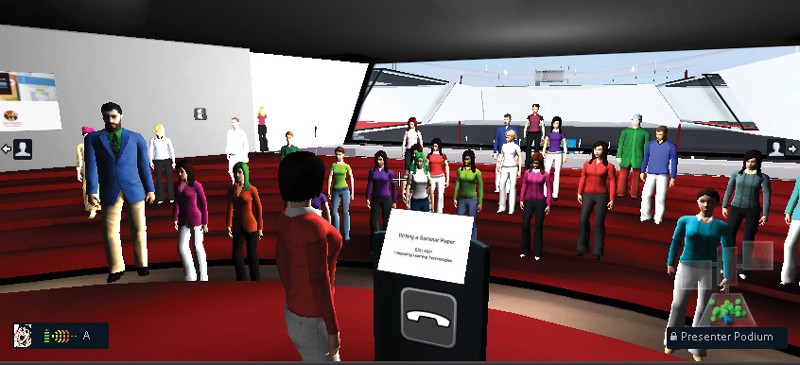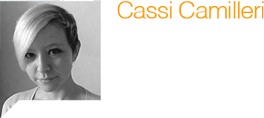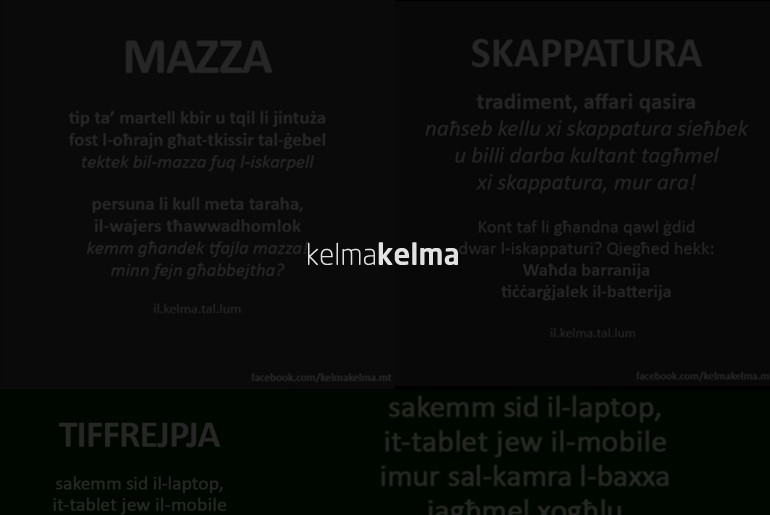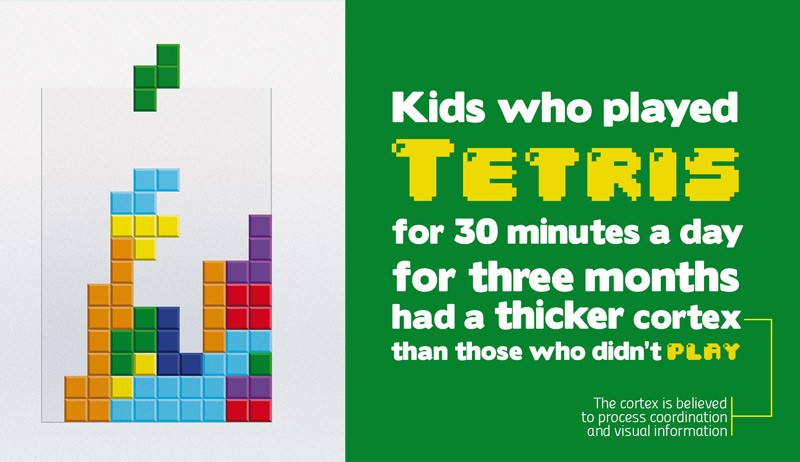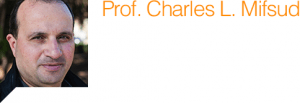A Greener Chemical Pot
John Gabarretta discusses the elegance of chemistry though its reactions.
An Untapped Funding Resource
Dr Vasilis Valdramidis speaks about funding opportunities.Continue reading
I_compute I_create I_am
 Creativity is a quality that we, as humans, think is ours alone. Prof. Georgios N. Yannakakis is creating computers that might have already taken this away from us. Computational creativity is here. His games are helping children be more creative, others to overcome dyslexia, and even combat bullying. Words by Dr Edward Duca.
Creativity is a quality that we, as humans, think is ours alone. Prof. Georgios N. Yannakakis is creating computers that might have already taken this away from us. Computational creativity is here. His games are helping children be more creative, others to overcome dyslexia, and even combat bullying. Words by Dr Edward Duca.
Translating Education
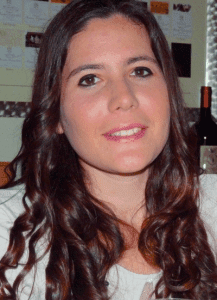
Research by Jana Galea
Language,translation,and education: three hot topics on the Maltese Islands.
Malta invests heavily in education with a big chunk of its budget, strength, and efforts invested to elevate standards. Malta is also largely bilingual. This is even reflected in Malta’s constitution which places both Maltese and English as official languages. Yet, deciding on which language to use to teach children is a thorn in the side of Maltese educational institutions. A viable bilingual policy is still needed.
The European Union places great importance on national languages. This policy elevates the importance of all EU languages no matter the country’s size. The EU releases its documents in each language—a boon for Maltese translation studies. However, there is a clear lacuna in terminology and glossaries for education documents.
Jana Galea (supervised by Prof. Anthony Aquilina) translated an international publication on education into Maltese and compiled an accompanying glossary of educational terms. Translators have to adopt the role of terminologists (professionals who research and locate information or past publications to ensure accuracy and consistency in the usage of terms) when working with specialised terminology, a time consuming activity due to the lack of standardised terms. A glossary of educational terms facilitates translation by providing an easy-to-access reference tool that ensures consistent terminology in translations.
The research tries to show that Maltese and English should not be seen as rivals constantly trying to outdo each other. The Maltese language is part of the country’s unique identity, its most democratic tool, and an official EU language. It is strong and continuously growing, as Prof. Manwel Mifsud stated ‘Ilsien żgħir imma sħiħ, ilsien Semitiku imma Ewropew, ħaj u dinamiku’ (A small but complete language, a Semitic language but European, alive and dynamic). Then there is the English language which is Malta’s main linguistic link to the rest of the world and the carrier of scientific, technological, and informational developments—both languages enrich the Maltese Islands.

